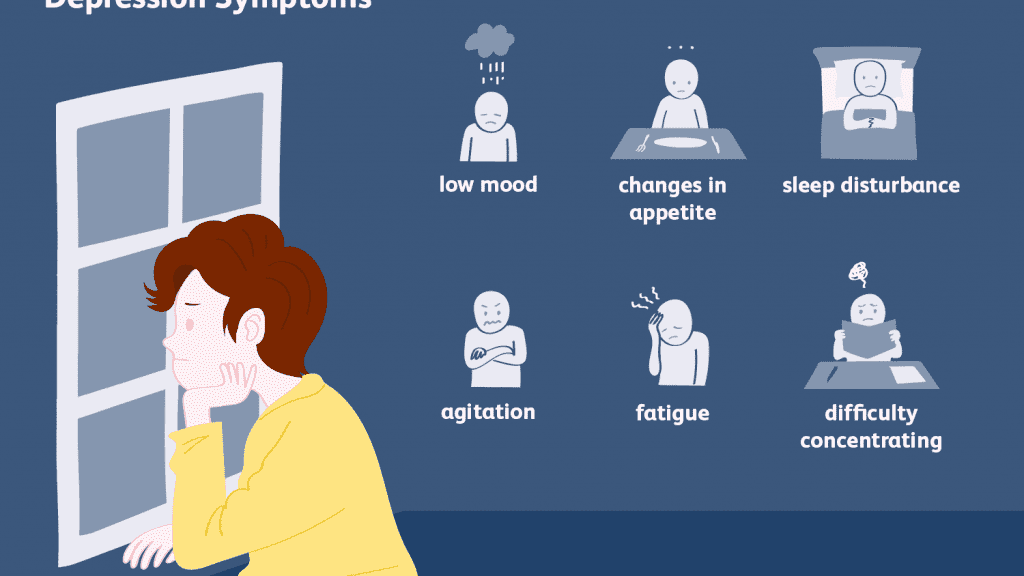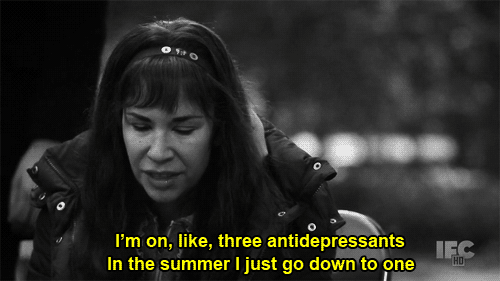DEPRESSION (major depressive disorder) is a common and serious medical illness that negatively affects your feeling, your way of thinking and your way of functioning. Fortunately, it is also curable. Depression causes feelings of sadness and / or loss of interest in activities that you once enjoyed. This can lead to a variety of emotional and physical problems and may reduce your ability to work and work at home.
Why are college students vulnerable to depression?
College students face challenges, pressures, and worries that can leave them feeling overwhelmed. They may miss home. Often for the first time in their lives, they are living on their own without any limitations on their bedtime schedules, the foods they choose to eat, and the amount of time they spend on activities such as video games or social media.
They are adapting to new schedules and workloads, adjusting to life with roommates, and figuring out how to relate. Money and intimate relationships can also serve as major sources of stress. Coping with these changes during the transition from adolescence to adulthood may trigger or unmask depression in some young adults during college.
"There's Always A Scope Of Improvement"
Symptoms and signs of depression
- A feeling of sadness, unrest, emptiness or despair
- Irritability, frustration and even anger out of proportion to the situation
- Loss of interest or enjoyment in most or all common activities, such as hobbies or sports
- Sleep disturbances, including insomnia or sleeping too much
- Tiredness and lack of energy, so even small tasks take much hard work
- Changes in appetite – often decreases appetite and weight loss, but some people have increased desire for food and weight gain
- Negative change in academic performance
- Unexplained physical problems, such as back pain or headache
- Anxiety, agitation or discomfort
- Useless feelings of guilt, paying attention to past failures, or blaming yourself for things that are not your responsibility.

How to treat with depression
Medication
Brain chemicals can contribute to a person’s depression and be a factor in their treatment. For this reason, antidepressants may be prescribed to aid in modulating altered brain chemistry. These drugs are not sedatives, “uppers” or tranquillizers. They are not habit-forming. Antidepressants generally have no stimulant effect on people not experiencing depression.

Psychotherapy
Psychotherapy, or “talk therapy”, is sometimes used alone to treat mild depression; For moderate to severe depression, psychotherapy is often used with antidepressants. Cognitive behavioral therapy (CBT) has been found to be effective in treating depression.
Electroconvulsive Therapy (ECT)
Electroconvulsive Therapy (ECT) is a medical treatment that has been most commonly reserved for patients with severe major depression who have not responded to other treatments. It involves a brief electrical stimulation of the brain while the patient is under anesthesia.

Self help
There are many things that can help people reduce the symptoms of depression. For many people, regular exercise helps create a positive feeling and improves mood. Regularly getting enough quality sleep, eating a healthy diet, and avoiding alcohol (a depression) can also help reduce symptoms of depression.
Depression is a real disease and help is available. With proper diagnosis and treatment, most people suffering from depression will overcome it. If you are experiencing symptoms of depression, the first step is to see your family doctor or psychiatrist. Talk about your concerns and request a deeper evaluation. This is just the beginning of meeting your mental health needs.

How can parents help their child to deal with depression
Take it one step at a time.
Encourage your child to avoid doing too many things at once. Instead, break up large tasks into small ones. Suggest that your child try different time management methods.
Ask for support
Encourage your child to spend time with supportive family members and friends or seek out student support groups.
Have fun
Encourage your child to try to have fun. He may be surprised to find joy. College clubs and activities can be a great place to make friends and try something new.

Prevention
There is no sure way to prevent depression during college. However, helping your child get accustomed to their college campus before the start of the school year can prevent your child from feeling overwhelmed by the infection. Encourage your child to come to campus and talk to students, peer counsellors, or faculty about what to expect and where to turn for support.
Emphasize the importance of a good night’s sleep. Too little sleep can contribute to depression. Suggest that your child limit the use of social media, especially at night when it may interfere with sleep.







